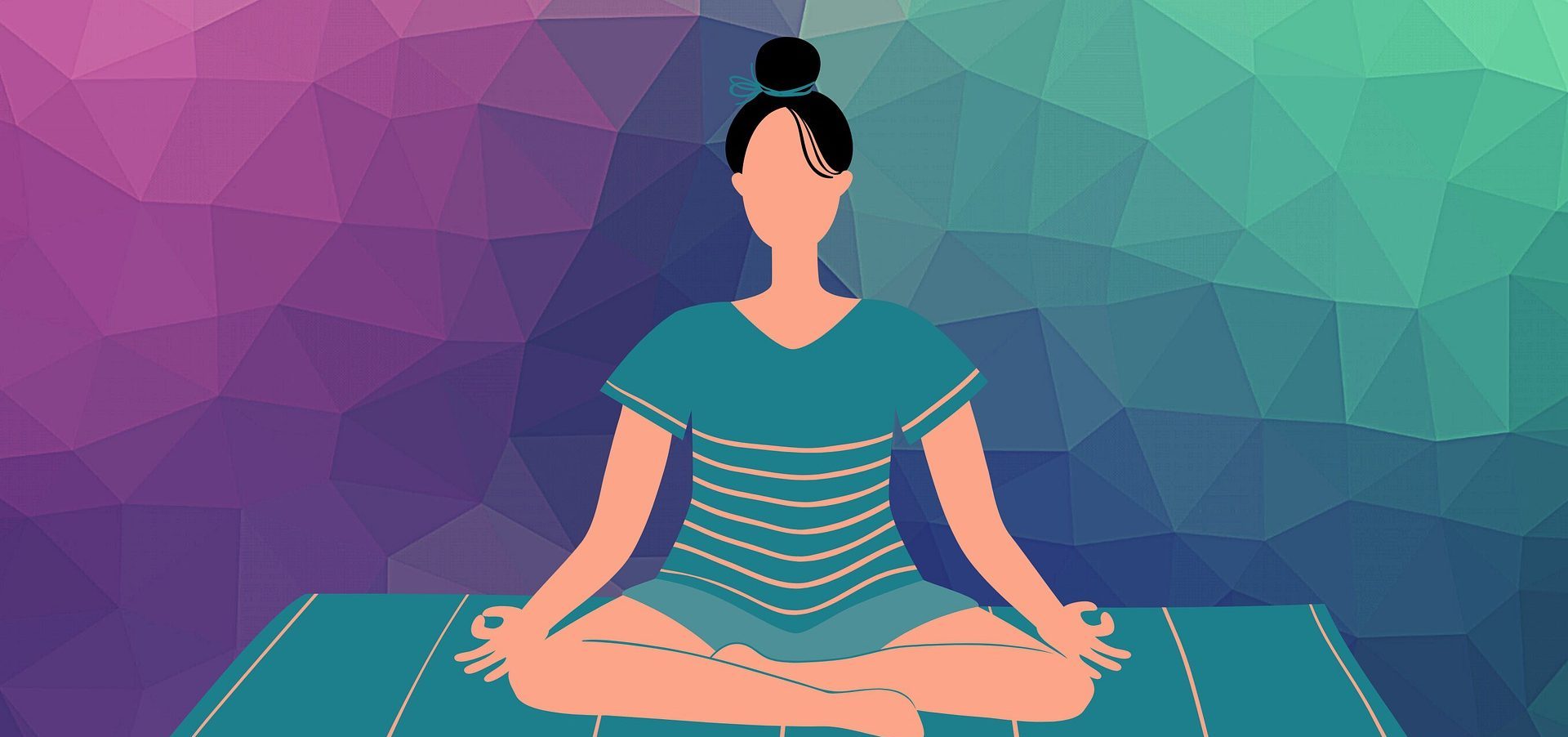
Body Positivity – or why Neutrality might be more realistic
Hello lovely people!
I hope you enjoy the sunshine and good weather the Netherlands gifted us. I always love seeing how happy the sun can make us and how we all happily hold our faces into its rays. (I hope the faces enjoyed some good sunscreen before!)
However, even though our all’s winter depression finally packed its bags and left for the other side of the globe, we gonna talk about something a little more serious today. I’m sure you’ve all come across hashtags such as #loveyourbody, #allbodiesarebeautiful and #celebratemysize. Since the early 2010s, body positivity is definitely a thing. But just in case some of you still managed to miss this trend, let me introduce you to this social movement. Body positivity implies that we accept all kinds of bodies and love our bodies the way they are. Thus, it challenges the present-day beauty standards of our so-called “skinny culture”. And as you can probably imagine, this movement is not only super important, but also very much needed. Especially since social media has become such a life-determining tool for us, the toxic social construction of beauty standards negatively impacted especially young people. Constant comparing to others gives many people the perception that there are not pretty enough, not skinny enough, not sporty enough, too tall, too small, or whatsoever. Beauty standards have taught us to permanently be unsatisfied with ourselves, to permanently try to improve ourselves and turn some of us into our own biggest enemies. So let me be super cheesy right now and tell you,
YOU ARE G-O-R-G-E-O-U-S.
However, I feel like this entire concept of body positivity, as significant and essential, is somewhat unfeasible. Loving every inch of my body and any time is personally too much asked. Speaking for myself, I am in complete euphony with my body; I love my body but loving everything about it? I don’t know about you, but I don’t really feel like writing love letters to the pimples on my face, the stretching marks on my legs, or my bloated belly when I’m on my period. And I guess that’s okay? This is precisely why I am rather simping body neutrality. Body neutrality basically means that you don’t have to love everything about yourself; you should simply accept yourself and your body. Besides that, instead of focusing only on the physical appearance of your body, body neutrality focuses instead on all the things your body is capable of. Like seriously, how amazing is it that we can walk, swim, and jump? How amazing is it that we manage to still go to our 9 am class after a night out? And, this honestly really impresses me, how amazing is the speed with which most students chug a beer? That deserves some respect! Anyway, I got kinda off-topic here. What I’m trying to say is that you don’t have to love every inch of your body; you should be able to respect and appreciate yourself as you are. Of course, that is easily said and please don’t believe that I wake up every morning telling myself in the mirror that I totally appreciate my pimples and eye bags. Loving yourself is a long and challenging process, but it is definitely worth a shot. I consider it very helpful to have regular social media breaks and constantly remind myself that social media is not the reality. Or better said, as a member of the PR & Graphics committee, I know how easy it is to edit a picture. Besides that, I’m sure we all know that moment when we see someone we find attractive and compare ourselves. Try to keep in mind that someone else’s beauty doesn’t reduce your own. Furthermore, if you work out, eat healthily or do whatever, do it for yourself and no one else. And seriously, as silly as it might sound, stand in front of a mirror and just tell yourself that you are enough, that you are good the way you are. Appreciate all the things your body is doing for you instead of waging war against it. And because this blog post is already so much deeper than usual, let me finish with a citation of wonderful rupi kaur.
“and i said to my body. softly. ‘i want to be your friend’. It took a long breath. and replied, ‘i have been waiting my whole life for this’ ”
Written by Elli Winetsdorfer.